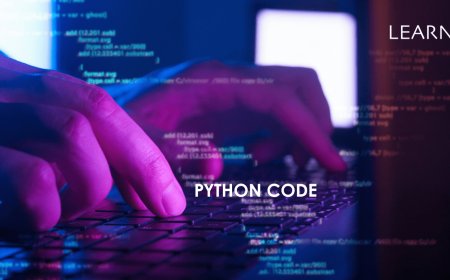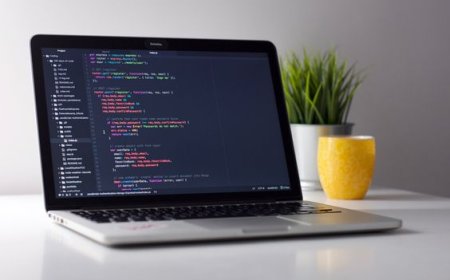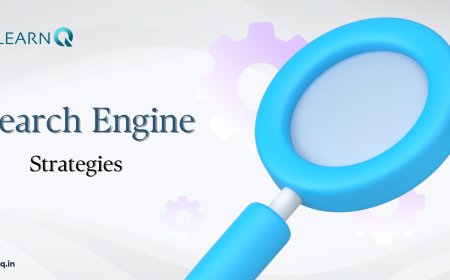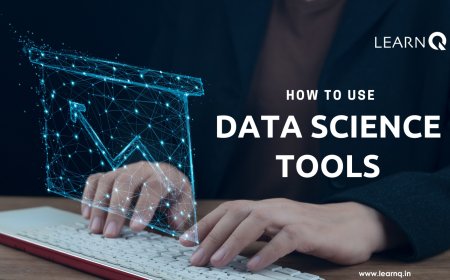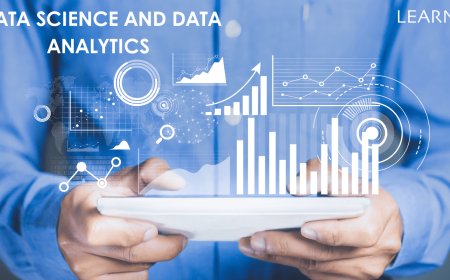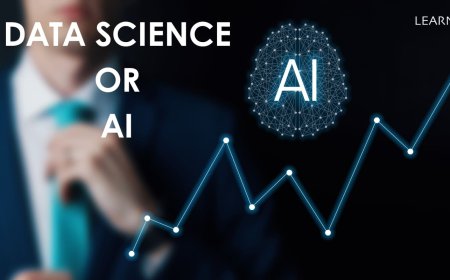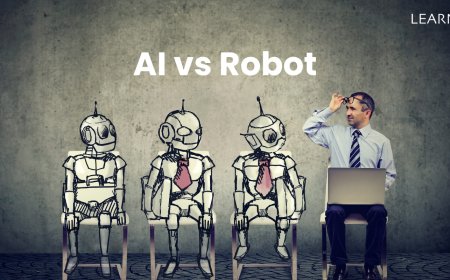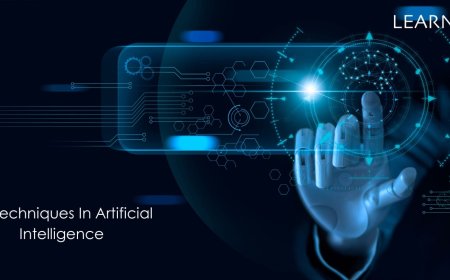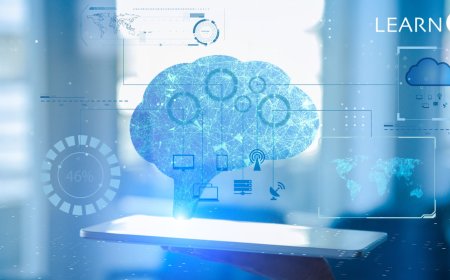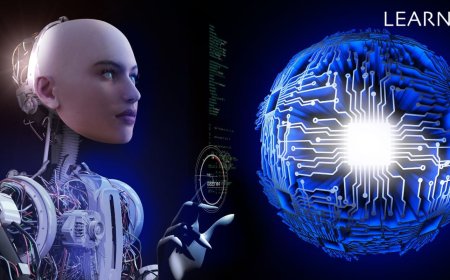Data science combines statistics, computer science, and specific knowledge areas to draw valuable insights from raw data. These insights guide decision-making and impact various industries. Our guide, Fundamentals of Data Science, is here to help both experienced professionals and beginners. we'll cover basic data science concepts, such as collecting and preparing data, exploring data patterns, predictive modeling, and machine learning. We'll also dive into topics like data manipulation, feature engineering, and evaluating models, empowering you to use data effectively for predictions and insights. Ethical considerations and best practices in data science are also explored, highlighting the importance of responsible data handling and privacy protection in today's data-rich and connected world. Whether you're interested in business analytics, artificial intelligence, or scientific research, this book lays a solid foundation.
Fundamentals of Data Science: Understanding the World of Data
Data is important for making decisions in different areas. To use data well, it's crucial to know the basics of data science. First off, getting data is the starting point for any data science project. This means collecting and storing lots of information from different places. It doesn't matter if the data is well organized or not, having good-quality data is key to finding meaningful insights. Next, there are special computer programs that use machine learning and deep learning to find important patterns and make predictions from data. These programs help businesses make smart decisions based on data and even automate some tasks.
Once we have the insights, it's important to show them in a way that's easy to understand. Data visualization does this using graphs, charts, and dashboards. It helps everyone involved understand and use the insights from the data. Using the right tools is also important in data science. There are programming languages like Python and R, and libraries like TensorFlow and scikitlearn. These tools help data scientists work with data efficiently. Lastly, it's crucial to use data responsibly. This means making sure that decisions made with the help of artificial intelligence (AI) are fair, transparent, and accountable.
Understanding the Challenges of Learning Data Science Basics
In the world of data science, getting the hang of the basics is like building a strong base for a big building. But it's not easy. Let's take a look at some of the tough parts beginners face when learning about data science:
1. Too Much to Learn: Learning data science means you have to understand a lot of stuff, like statistics, coding, and machine learning. For beginners, this can feel like too much, and they might not know where to start.
2. Hard Technical Stuff: Putting what you learn into practice is tough. Beginners might find it hard to write code, fix mistakes, and understand different algorithms. This makes it tricky to work with and analyze data.
3. Dealing with Messy Data: Real data isn't always neat. Sometimes it has missing bits, strange numbers, or mistakes. Knowing how to clean it up and make it useful is important but tricky.
4. Mixing Different Subjects: Learning data science means mixing lots of different subjects, like math, and computer science, and knowing about different fields. It can be hard to put it all together if you're new to it.
Linear Algebra and Calculus for Data Science
In Data Science, understanding math, like using a master key, helps us explore data analysis, machine learning, and artificial intelligence. These math basics are like strong pillars that support modern data science, helping us work with big data more skillfully.
Let's look at why math, specifically linear algebra and calculus, matters in data science:
1. Building a Strong Foundation: Linear algebra helps us understand the structure of data. Things like vectors, matrices, and linear transformations are key in representing and working with data.
2. Making Machine Learning Work: Many machine learning tools, like linear regression and neural networks, rely on linear algebra for creating and improving models.
3. Optimizing with Calculus: Calculus is crucial in optimization algorithms, like gradient descent, which is essential in training machine learning models. Knowing about derivatives and gradients helps us fine-tune model parameters.
4. Visualizing Data: Linear algebra helps with data visualization, making it easier to understand high-dimensional data through techniques like principal component analysis (PCA) and singular value decomposition (SVD).
5. Python and Coding: Python libraries such as NumPy, SciPy, and pandas make it easy for data scientists to use math in their work.
Data Types and Data Structures
In the world of programming and computer science, understanding data types and structures is crucial for handling information effectively. Data types tell us what kind of information a variable can store, like numbers, decimal numbers, words, or true/false values. Meanwhile, data structures help us organize and save data in a computer's memory, using things like lists, linked groups, stacks, and queues. Whether you're just starting or have coding experience, having a good grasp of these concepts is key to writing strong and efficient code. It's the foundation for creating powerful algorithms and applications.
What are the main ideas and important concepts behind data science, and how do they help us understand and use it in different areas?
The basics of Data Science cover a bunch of important ideas that make up this mix of different fields. Think of it like this: you have stats, which help us understand and study data using things like guessing tests, looking at relationships, and thinking about chances. Then, you've got programming languages like Python and R that we use to play around with data, make graphs, and understand it better. Another big thing is machine learning, which is all about teaching computers to learn from data and make decisions without us having to tell them exactly what to do. And we can't forget about data ethics and privacy, which are important to make sure we're using data in the right way and not doing anything shady. Knowing all this stuff helps people in lots of different jobs, like health, money, and even marketing, to find out cool stuff from data and make smart choices.
Understanding the Basics: Statistics and Probability Made Simple for Data Science
In data science, statistics helps us find important stuff in data. Like spotting trends, figuring out how much things vary, or testing ideas we have. Probability is super important too. It helps us make predictions about what might happen next. So, when we use algorithms to guess things or make models, probability helps us do it right. A programming language called Python is really useful in data science. It has tools like NumPy, Pandas, and SciPy that make doing statistics and probability stuff easy. Plus, there are cool libraries like Matplotlib and Seaborn that help us see data in graphs and charts.
The Fundamentals of Data Science Making Sense of Big Data
Data science helps us make smart decisions in lots of different areas like business, healthcare, and understanding what people like. This blog is all about the basics of data science, breaking down the important stuff you need to know.
Applications of Data Science:
Data science is used in lots of different areas, like
-
Figuring out how businesses can do better
-
Helping doctors understand diseases and treatments
-
Making banking and money stuff work smoother
-
Figuring out what ads people like
-
Making transportation and delivery more efficient
-
Keeping the internet safe from bad guys
-
Seeing what people are saying on social media
-
Helping computers understand human language
-
Teaching computers to recognize pictures and videos
Multidisciplinary Expertise in Data Science:
-
Understanding Numbers and Patterns: In data science, we use statistics to make sense of patterns in information. It involves concepts like probability, hypothesis testing, and regression analysis, which help us draw reliable conclusions from data.
-
Computer Skills and Coding: Being good at programming languages like Python and R is crucial for data scientists. It helps us work with and understand data better. Knowing algorithms and data structures also makes our data processing more efficient.
-
Magic of Machine Learning: Machine learning is like magic in data science. These algorithms help us predict things and find patterns. Different types like supervised and unsupervised learning give us valuable insights.
-
Visualizing Data: Making sense of data is not enough; we need to communicate it effectively. Data visualization tools help us show complex information in a way that everyone can understand, making it easier for decision-makers to take action.
The Fundamentals of Data Science gives you a solid foundation to understand the ins and outs of this quickly changing field. It covers important ideas, methods, and ethical considerations, allowing you to use data responsibly and efficiently. In a world where data is everywhere, mastering these basics is crucial for making smart decisions, solving problems, and being innovative. Whether you're already experienced or just starting, this guide provides you with the knowledge and skills to confidently deal with data. Embrace the principles of data science, and you'll have endless opportunities to make discoveries and have a positive impact.
